DY Chandrachud and Opposition Politics: A Question of Judicial Neutrality
We sincerely hope that the higher judiciary, will reject any influence or inspiration from such remarks. Instead, they would steadfastly uphold the principles of impartiality and independence.
Former CJI Chandrachud’s Remarks: A Political Lens on Judicial Responsibilities
The recent remarks by Justice DY Chandrachud, the former Chief Justice of India, who demitted office on the 10th of this month, suggesting that "people should not expect the judiciary to perform the role of opposition," and that “what people try to do is to use the judiciary or shoot from the shoulder of the judiciary” and “try and convert the court into the space for political opposition,” warrants strong criticism. Expressed in an interview with ANI, this statement, far from being apolitical, is, in our humble opinion, heavily loaded with slant and subjectivity (please refer to this 0.50 min video clip). It reflects a growing tendency to view judicial responsibilities through a political prism rather than a purely legal and constitutional framework, which fundamentally undermines the very essence of judicial independence.
Justice Chandrachud, who had publicly expressed his concerns in the lead-up to his retirement about the nature of the legacy he would leave behind, has already faced significant criticism, post-retirement, regarding the analysis of his judgments and the formation of court rosters1. His latest remarks are certain to ignite and intensify a fresh wave of debate.
Six Pillars of our Criticism
Let us present our arguments, in a random order:
Judiciary's Role is Constitutional, Not Political: The judiciary is the guardian of the Constitution and is duty-bound to check the overreach or misuse of power by the executive and legislature. Framing its role as akin to "opposition" conflates its mandate with political adversarialism, which is not only incorrect but also detrimental to public trust.
Judicial Independence Requires Objectivity: The statement implicitly aligns the judiciary's actions with a political narrative, suggesting that any criticism of government actions might be perceived as oppositional. This compromises the objectivity and neutrality that are fundamental to the judiciary's role in a democracy.
Misplaced Priorities: By framing its duties in terms of "opposition," the judiciary risks losing focus on its constitutional obligation to uphold the rule of law, protect fundamental rights, and act as a check on arbitrary governance. It is not about opposing or supporting; it is about adjudicating based on justice, fairness, and constitutional propriety.
Erosion of Public Confidence: Such statements risk eroding public confidence in the judiciary's independence and its ability to act impartially. Citizens do not seek political opposition from the judiciary but rely on it as the last bastion of justice against abuses of power, irrespective of political consequences.
Undermines Accountability: The statement indirectly suggests that accountability mechanisms, particularly judicial scrutiny, might be seen as adversarial. This approach diminishes the judiciary’s role in ensuring government accountability and protecting democratic values.
Dangerous Precedent: If this mindset becomes entrenched, it could set a precedent where judges hesitate to uphold constitutional values for fear of being labeled "political." This undermines democracy and emboldens authoritarian tendencies.
A Stark Contrast: The U.S. Judiciary's Approach
In the United States, Supreme Court Justices are appointed by the President (subject to Senate confirmation) and hold office for life. While they may be informally categorized as liberal or conservative based on their ideological leanings, they are never perceived as succumbing to political pressures or extraneous considerations. This was evident when the issue of a U.S. President's immunity in criminal indictments came before the said Court—a matter that had significant implications for the President Trump’s legal trials. Despite the high stakes, no serving or retired Justice publicly expressed views that could undermine the judiciary's impartiality or suggest alignment with political narratives, unlike Justice DY Chandrachud's post-retirement remarks.
Notably, the American judiciary operates in a legal environment where free speech is very broad, and there is no equivalent to India’s contempt law that restricts criticism of judges, their personal or professional lives, or their judgments. This robust culture of independence and openness further reinforces public confidence in the judiciary's role as a neutral arbiter of justice.
Questioning the Collegium System’s Integrity
In India, the Collegium system is perhaps unique among modern democracies. It operates on the principle of "judges appointing judges," a framework that grants significant autonomy to the judiciary. An all-party and rare consensus had once attempted to create a National Judicial Appointments Commission (NJAC) through a constitutional amendment. This effort aimed to introduce greater objectivity and transparency to the judicial appointment process. However, the Supreme Court of India struck down the NJAC, reaffirming the Collegium’s primacy.
The Collegium, consisting of the Chief Justice of India and the four senior-most judges of the Supreme Court, effectively controls the appointment of Supreme Court judges, as well as Chief Justices and judges of various High Courts across the country. The President of India merely issues the formal warrant of appointment based on the Collegium’s recommendations.
In theory, this insulated system should minimize political interference and the appointment of judges with overt political or ideological leanings. However, when a former Chief Justice of India begins to view sensitive matters before the court through a political prism—commenting on whether someone is "trying to shoot off the court's shoulder" or convert it into a "political theatre"—it reflects more on the lack of moral fibre or conviction of the person making the statement. Such remarks do not necessarily illuminate the intent of the opposition, anti-government petitioners, or broader stakeholders. Instead, they cast a shadow on the judiciary’s commitment to impartiality and constitutional propriety, undermining the robust safeguards of the Collegium system itself.
In this context, the remarks of ex-CJI Chandrachud, apart from reflecting his own psyche, make the task of his successors more onerous and could, at best, have been avoided.
Justice with Open Eyes: A Reflection on the Lady Justice Statue and Beyond
In the final weeks of his tenure, Justice DY Chandrachud, then Chief Justice of India, unveiled a new interpretation of Lady Justice in the Supreme Court. The traditional statue, emblematic of impartiality, was replaced with one devoid of the blindfold, symbolizing "open justice." The sword in her hand was also replaced with the Indian Constitution. At the time, this change sparked significant debate, with critics questioning whether it undermined the traditional values of fairness, neutrality, and the enforcement power of justice. We had then penned a strongly critical piece, expressing concerns over the symbolic implications of removing the blindfold and the sword.
Justice Chandrachud justified the change as reflective of a justice system that consciously engages with societal realities, guided by constitutional principles. However, his recent remarks, implying that the judiciary may "perceive" litigants' intentions and pre-judge whether the court is being used as a political tool, now cast the statue in a new and troubling light. The removal of the blindfold seems, in hindsight, to symbolically validate these remarks—suggesting a justice system that might look beyond facts and arguments to infer motives, thereby risking the perception of partiality.
The absence of the sword raises further concerns. Historically, the sword symbolized not just punishment but the judiciary's authority to enforce its decisions and uphold the Constitution. By discarding this element, the judiciary risks appearing more introspective than assertive, undermining its ability to decisively act against constitutional violations. Justice cannot simply rely on words; it requires the strength to protect and enforce the principles enshrined in the Constitution.
This shift, while perhaps well-intentioned, opens the judiciary to criticisms of symbolism overshadowing substance. Justice must not only be done but must also be seen to be done impartially, without pre-judgment of intentions or external pressures. Lady Justice, blindfolded and wielding the sword, remains a powerful metaphor for this timeless ideal—one that should not be lightly abandoned.
Upholding Judicial Neutrality: A Call for Reflection and Restraint
In sum, Justice DY Chandrachud’s recent remarks, suggesting that the judiciary could be perceived as a tool for political opposition or that litigants seek to "shoot from the judiciary’s shoulder," could mark a troubling politicization of judicial discourse. Such statements risk framing the judiciary’s constitutional duties within a political narrative, potentially undermining the institution's independence and impartiality. They give rise to concerns about whether the judiciary’s role as the guardian of the Constitution might be overshadowed by perceptions of alignment with political narratives or motives, or even pre-conceived notions.
Our criticism stems from a fundamental belief that the judiciary must remain insulated from any political undertones, focusing solely on facts, evidence, and the rule of law and, above all, the Constitution of India. Public confidence in the judiciary rests on its ability to function as a neutral and independent arbiter of justice, untainted by perceptions of bias or undue influence. Statements that suggest pre-judgment of motives or intentions threaten this trust and could embolden forces seeking to undermine the judiciary’s authority.
We sincerely hope that the judiciary, especially those serving in constitutional courts, will reject any influence or inspiration from such remarks. Instead, they must steadfastly uphold the principles of impartiality, independence, and constitutional fidelity. In an era where judicial integrity is more critical than ever, the need to safeguard these ideals cannot be overstated. The judiciary must collectively rise above such political rhetoric and reaffirm its role as the ultimate protector of constitutional values and the rights of all citizens2.
Reflecting on His Own Journey: Chief Justice DY Chandrachud on Duty, Legacy, and History’s Judgment
Legacy of Chief Justice DY Chandrachud: Balancing Duty and Reflection

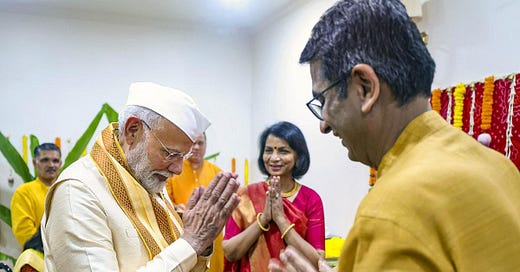


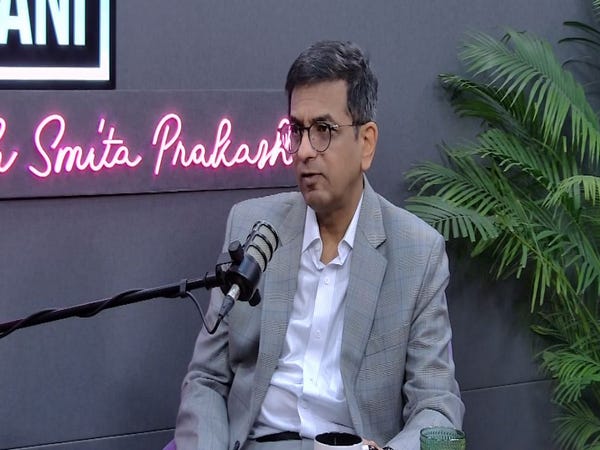
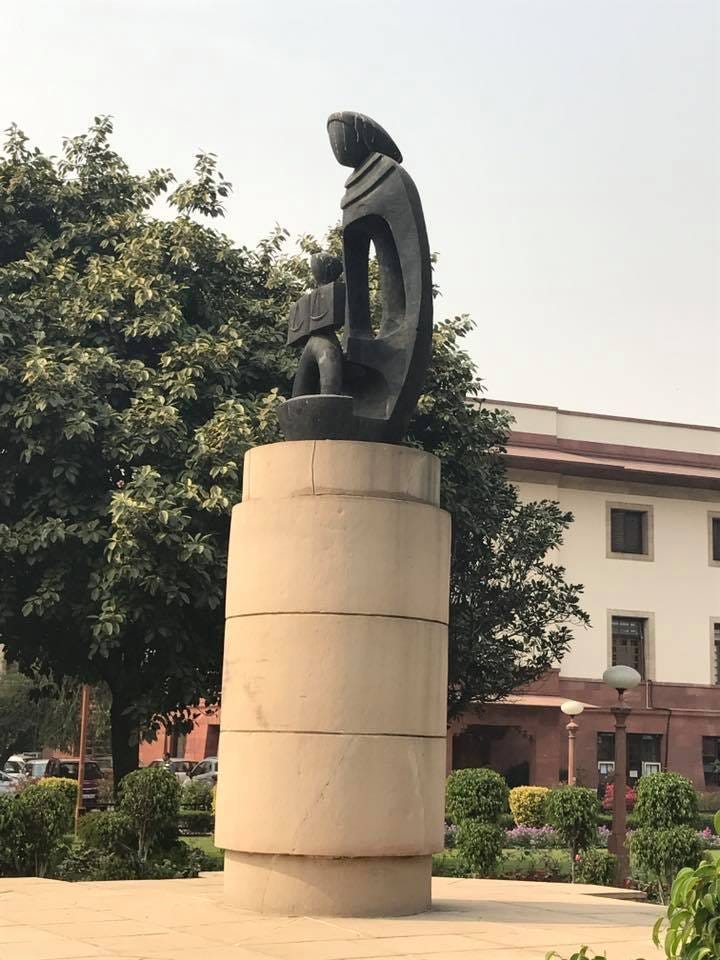
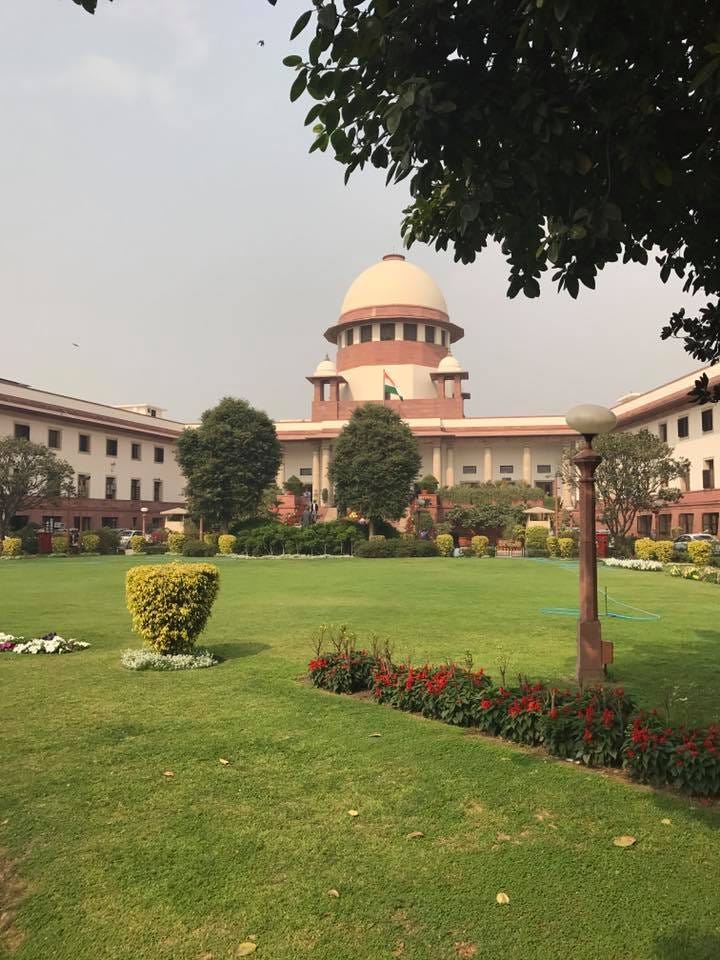
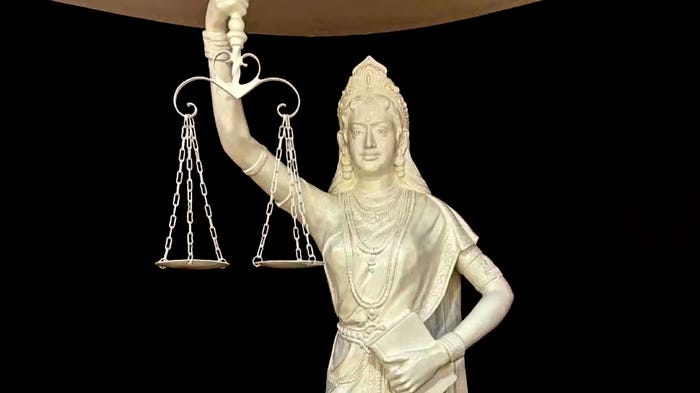

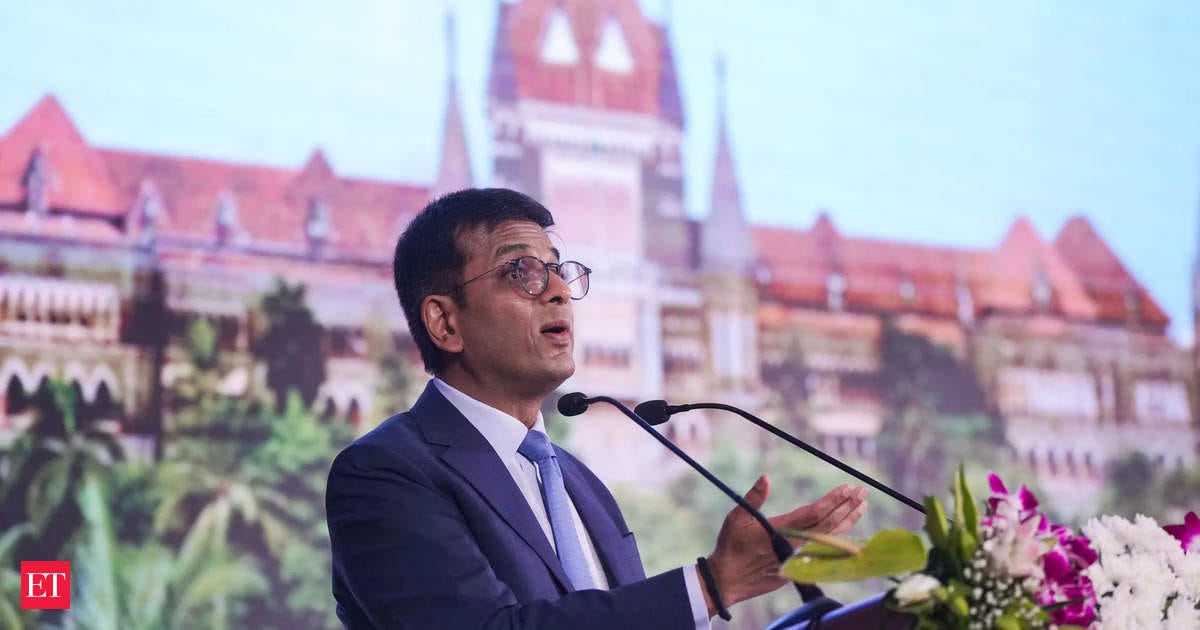
Looks like you expect more intervention from Judiciary in the political issues. The fact is that Judiciary has been making an over-reach and has been intervening in the Executive and Legislature’s domain, with no accountability to anyone.
Your views are highly biased, looks like you expect Judiciary to have an upper hand and act as a “superior” pillar of democracy who can control the other pillars. Judiciary is not the only guardian of Constitution. It does not take upper hand on Executive and Legislature. It is equally responsible, not more responsible than others. Supreme Court cannot have discretionary powers to tear down any law, when neither the executive or legislature have those discretionary powers. This tilts the checks and balances in favour of Judiciary which is not accountable to people of the country.
Judiciary has to control its own over-reach. There is no reason why Supreme Court agrees to listen to the Parliamentary disputes in the court, and then claim that it can’t play the role of opposition. Anything done in Parliament must be resolved there. No need for Judiciary to play big and sane brother. Parliamentarians should know how to speak and listen to each other.
Fairness is a relative term, what SC considers fair may not be fair for a billion people in the country. Judiciary should leave the subjective terms to Parliament which is accountable to that billion+ people. Judiciary should restrict itself to judicial prudence and stay away from political prudence.
Public confidence is lost when Judiciary is sitting on crores of cases for years, and poor are running from pillar to post to get justice, and Judiciary has all the time for listening to pleas of those 2-3 big lawyers.
Not sure whom the judiciary is accountable to, definitely, not to the people.
It is your misconception that US judges do not succumb to political pressures. Such things have not been reported because a rebellion RW govt never came in power with full control. You’ll see such pressures being reported in Trump’s term now.
In India, Judiciary must realize that it has to work WITH legislature and executive to uphold constitution, and NOT work ON TOP of them.